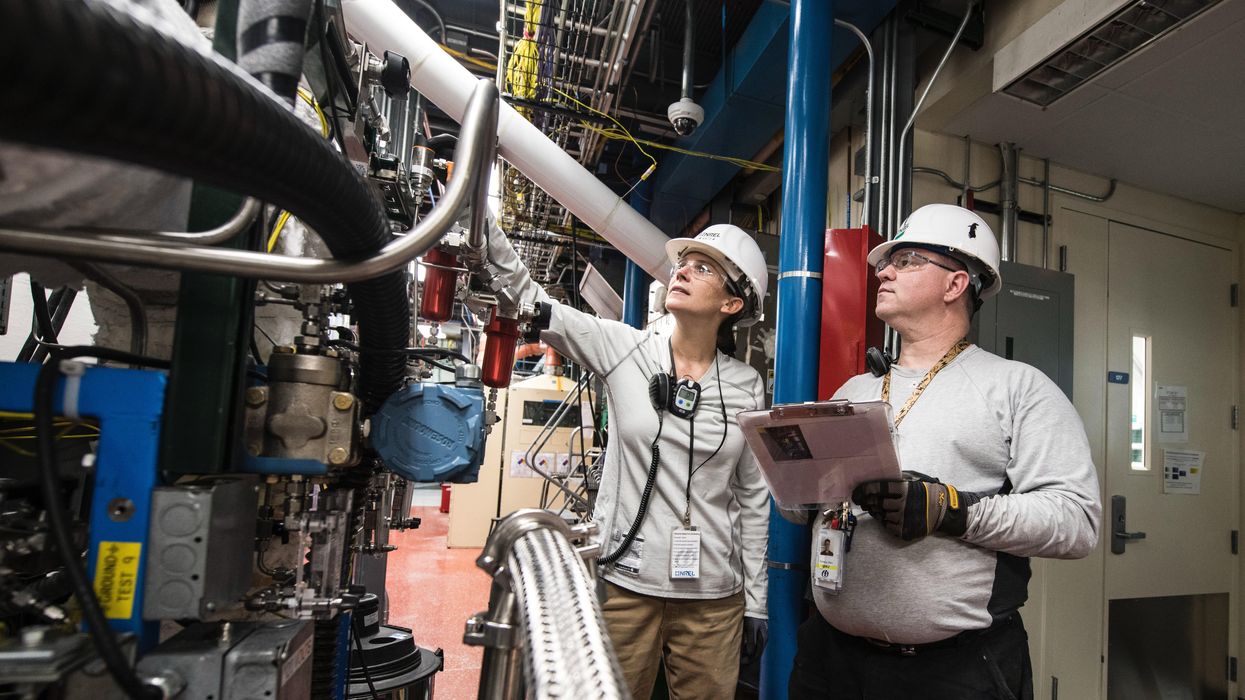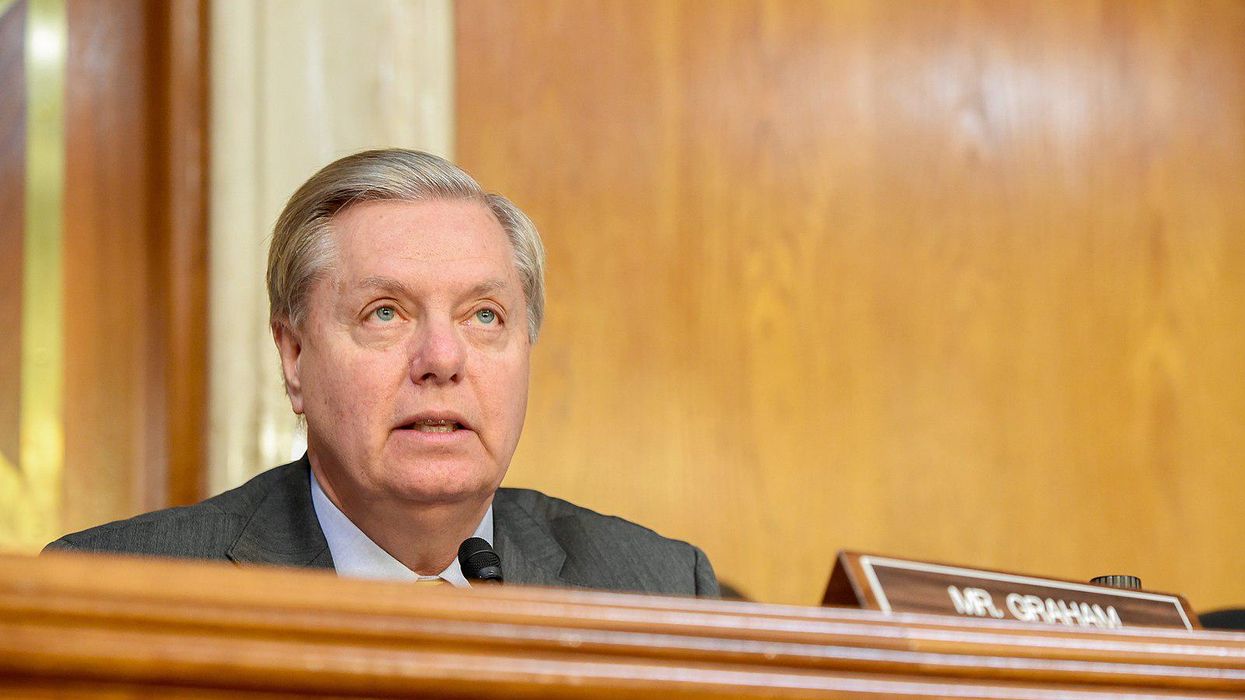Reprinted with permission from American independent
Senate Republicans used the filibuster rule on Wednesday to block consideration of a bipartisan infrastructure deal — weeks after several of them endorsed the $579 billion package.
Every member of the Democratic Senate majority backed beginning consideration of H.R. 3684, a procedural step needed to debate and pass the bipartisan framework, but because Senate rules require a three-fifths supermajority for this type of legislation, the Republican minority was able to block it.
President Joe Biden proposed a $2.25 trillion American Jobs Plan in March, asking Congress to improve the nation's transportation, water systems, broadband, clean energy, climate change, and caregiving infrastructure.
On June 16, after lengthy negotiations, a bipartisan group of senators agreedon a deal, the Bipartisan Infrastructure Framework, to invest $579 billion in "core infrastructure" programs only, including transportation, broadband, and water systems.
Republican Sens. Richard Burr (NC), Bill Cassidy (LA), Susan Collins (ME), Lindsey Graham (SC), Lisa Murkowski (AK), Rob Portman (OH), Mitt Romney (UT), Mike Rounds (SD), Thom Tillis (NC), and Todd Young (IN) all signed onto a joint statement with 10 members of the Democratic majority, affirming their support for the deal.
"We support this bipartisan framework that provides an historic investment in our nation's core infrastructure needs without raising taxes," the statement read. "We look forward to working with our Republican and Democratic colleagues to develop legislation based on this framework to address America's critical infrastructure challenges."
Sen. Jerry Moran (R-KS) endorsed the plan later that day.
On June 24, Biden signed on to the bipartisan plan and has been urging its passage since.
"We should be united on one thing: passage of the Bipartisan Infrastructure Framework, which we shook hands on," he said on Monday. "We shook hands on it."
But not long after the agreement, some Republicans began to have second thoughts.
Some objected to acknowledgements by Biden and Democratic leaders in Congress that they would later try to pass some of their other priorities — including the omitted climate change, child care, and caregiving "human infrastructure" provisions — through a separate budget reconciliation process, without any GOP support. Graham complained that this plan amounted to extortion.
They then abandoned one of the key provisions that financed the bipartisan agreement: a crackdown on wealthy tax dodgers who are not currently paying their fair share. Portman said Sunday that they had dropped the provision due to "pushback" from Republican senators who did not want to give more money to the understaffed Internal Revenue Service to enforce the tax code.
Again, Graham protested the deal he'd backed, telling Axios on June 30, "There's some people on our side who don't like empowering the IRS; I don't mind empowering the IRS if it's a reasonable thing to do. But I mean, how much uncollected taxes can you gather with $40 billion?"
Senate Majority Leader Chuck Schumer moved to bring up the framework on Wednesday as a way to speed up the bill writing process. "I understand that both sides are working very hard to turn the bipartisan infrastructure framework into final legislation, and they will continue to have more time to debate, amend and perfect the bill once the Senate votes to take up this crucial issue," the New York Democrat explained to colleagues on Monday. "But they have been working on this bipartisan framework for more than a month already, and it's time to begin the debate."
Republicans said they were not ready to move forward.
Senate Republican Whip John Thune — who memorably ran for his seat in 2004 by lambasting the Democratic incumbent for using his position "to slow down, to obstruct, to stop" then-President George W. Bush's agenda — opposed even beginning debate on the bipartisan infrastructure framework. "I can't say we will have every Republican, but he [Schumer] is not going to get 60," he vowed Monday.
On Wednesday, all of the 11 Republican backers who supported the bipartisan deal previously — along with the rest of the Republican minority — voted against debate on the matter.
Schumer voted "no" as well, for procedural reasons.
"At the end of the vote, I changed my response [from a yes] to a no so that I may move to reconsider this vote at a future time," the majority leader explained, moments after the vote failed, 49 to 51.
Due to Schumer's last-second maneuver, the Senate is still able to reconsider the vote in the future. Alternately, the Democratic majority could simply add the provisions to a budget reconciliation package and pass it with a simple majority, if they can remain united.
Published with permission of The American Independent Foundation.












